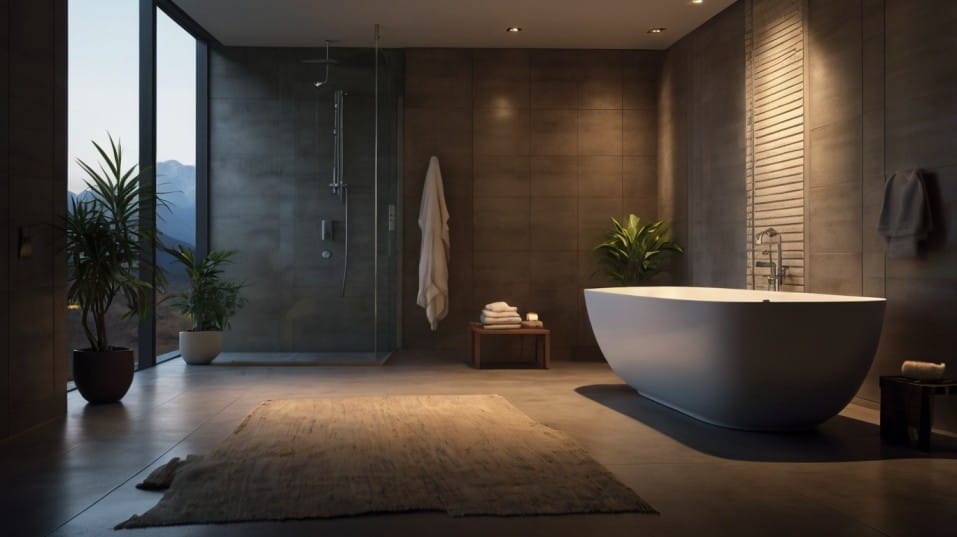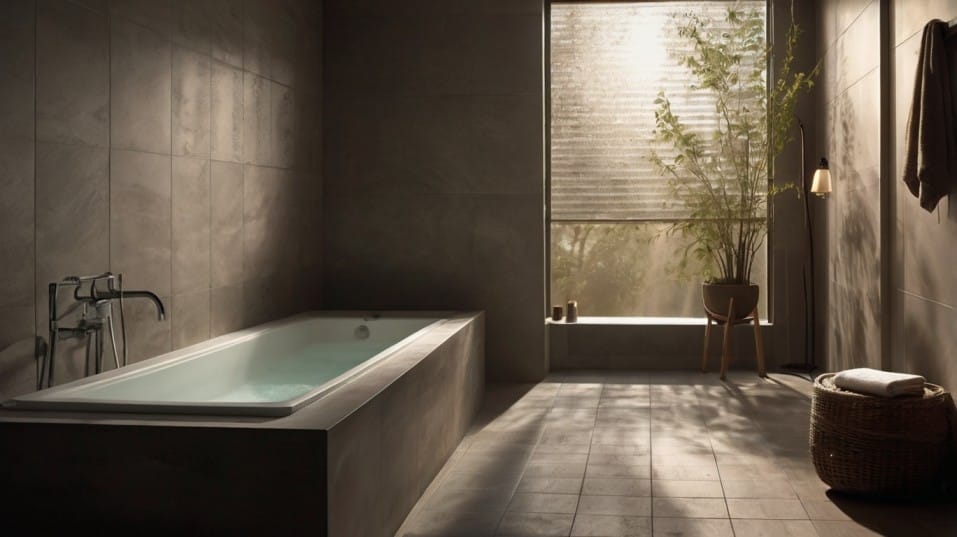Does a Warm Shower Actually Help You Sleep?
Want better sleep without pills or big changes? Discover how a simple warm shower can help you fall asleep faster and wake up more refreshed.

Ever wish you could fall asleep faster without overhauling your entire routine? Here’s a science-backed shortcut you can try tonight: take a warm shower.
It’s not just relaxing—it’s a powerful way to cue your body into sleep mode by tapping into its natural temperature rhythms.
Simple, fast, and surprisingly effective, this one tweak might be all it takes to upgrade your sleep and your energy the next day.
The Temperature Trick Your Body Already Uses
Sleep isn’t something you can force. But you can help your body get there faster. One of the most underrated ways to do that is by understanding how your core body temperature works at night.
Here’s the deal: your body temperature naturally drops as part of your circadian rhythm, the internal 24-hour clock that controls sleep, energy, digestion, and more.
That drop helps trigger melatonin release and sets the stage for deep, restorative sleep. You don’t consciously feel it, but it’s happening in the background every night—unless something gets in the way.

This is where a warm shower flips the switch. When you step into warm water, your blood vessels expand (a process called vasodilation), sending blood toward the skin’s surface.
When you step out, that heat dissipates quickly, lowering your core temperature. That post-shower cooldown mimics and amplifies your body’s natural sleep signal. In other words, it’s a shortcut to night mode.
You’re not just washing your body—you’re programming it to rest.
Why Timing Matters More Than You Think
If you’ve ever taken a hot shower and then climbed straight into bed feeling restless and too warm, you already know: timing matters. A warm shower works best when taken about 60 to 90 minutes before you want to be asleep.
That window gives your body time to cool down gradually. It also aligns with your circadian rhythm’s natural dip in temperature, which starts to kick in around that time.
Researchers from the University of Texas at Austin found that a warm bath or shower in this timeframe significantly improves sleep quality, helps people fall asleep faster, and even boosts sleep efficiency (the percentage of time you actually spend asleep while in bed).
Ten minutes is enough. You don’t need to soak in a tub for an hour. Just enough heat to trigger the physiological response, then give your body space to do the rest.
Your Brain Loves Rituals—Use That
Let’s talk habit-building. A warm shower doesn’t just change your body temperature—it changes your mental state.
It becomes a cue that signals the end of the day. A boundary between chaos and calm. When repeated regularly, this cue becomes a trigger for sleep readiness.
Why Rituals Reinforce Rest
Rituals matter more than most people think. Your brain thrives on consistency. It wants to know what’s coming next.
When you pair a warm shower with dim lighting, quiet music, or just time alone without your phone, you’re reinforcing a habit loop that tells your brain, “It’s time to shut it down.” You’re not forcing sleep—you’re setting the stage for it.
This is the difference between passive routines and intentional recovery. You don’t need to meditate for 30 minutes or turn your bedroom into a biohacking lab. You just need to signal to your body: it’s safe to rest.
Combine It With Other Smart Sleep Habits
Want to stack the odds even more in your favor? Pair your warm shower with other low-effort, high-impact habits:
- Lower the lights right after you shower. Let your environment match your internal wind-down.
- Avoid screens during that cooldown window. Blue light delays melatonin production. Give your brain a break.
- Keep your bedroom cool. Aim for 60–67°F. The lower core body temp triggered by your shower will work even better in a cooler room.
- Skip caffeine and heavy meals in the two hours leading up to your shower. No need to overthink it—just don’t make your body multitask when it’s trying to rest.
None of this requires major lifestyle change. It’s all about alignment—getting your body, environment, and behavior to work together, not against each other.
What About Cold Showers?
Let’s clear this up: cold showers wake you up. They spike cortisol and adrenaline, which can be great in the morning but counterproductive at night. If you’re trying to optimize sleep, warm—not hot, not cold—is the zone you want.
Think 100–104°F (about 38–40°C). Just warm enough to trigger the response without overheating you. If your skin turns lobster red, turn it down. You’re prepping for rest, not a sauna session.
Final Thoughts
A warm shower isn’t just a comfort ritual. It’s a proven way to get your body and brain in sync for deeper, more efficient sleep.
It helps lower your core temperature, quiet your mind, and reinforce your sleep-wake cycle without needing pills, gadgets, or a complete routine overhaul.
Start tonight. Take a 10-minute warm shower about an hour before bed. Step out. Dim the lights. Put the phone down. Let the silence stretch. You’ll fall asleep faster, stay asleep longer, and wake up feeling like you actually slept.
Your energy, focus, recovery—it all starts with better rest. And better rest can start with a shower. So go turn the water on.




